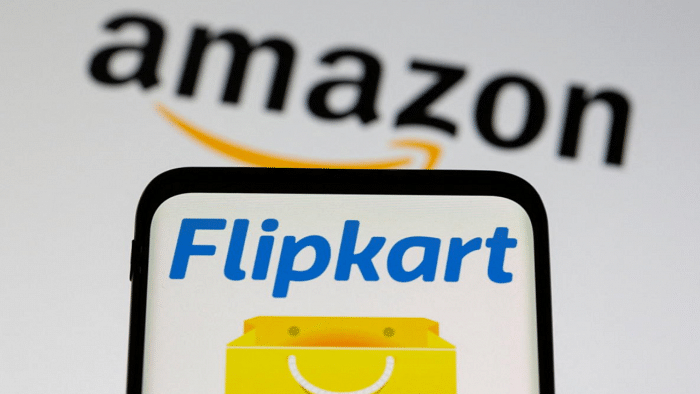
With a view to making e-commerce more accountable vis-a-vis fraud committed by sellers on such platforms, the Consumer Affairs Ministry is mulling relevant rules.
In this regard, the Ministry of Electronics and Information Technology (MeitY) has sent a list of queries to such companies. Once the responses are given, pertinent rules will be enacted.
In simple terms, the ministry seeks to know what role these platforms play “as an intermediary,” a report by Economic Times noted.
E-commerce companies enjoy robust immunity through safe harbour provisions in Section 79 of the Information Technology Act, 2000. If the government does go ahead and devise newer ways of making the companies liable, these companies will have an entirely different set of rules to operate under.
“We are in the process of restructuring the ecommerce rules to ensure consumer interests are protected adequately in this emerging digital economy. We plan to make marketplaces liable if goods sold on their platforms are found to be faulty,” an official told the publication.
In this context, it is germane to note that several e-commerce companies had taken shelter under the ‘intermediaries’ tag when they were castigated by the Central Consumer Protection Authority (CCPA) for selling mediocre cookers, inter alia, last year.
“Communications received from the Department of Consumer Affairs regarding the various challenges being faced by consumers in redressal of grievances while shopping online, particularly in case of grievances raised by consumers concerning a purchase, (where) ecommerce entity refuses to acknowledge any liability or responsibility or provide appropriate remedy to consumers, by making a reference to Section 79 of the Information Technology Act, 2000,” the publication quoted MeitY as saying in the letter to ecommerce platforms.
While the framing of rules is in the brainstorming stage, it was reported that a Consumer Commission pulled up Flipkart and a retailer for unfair trade practice. It has even fined the company Rs 25,000.
However, the e-commerce industry asserts that it has its own sets of standards to address customer grievances. The publication noted that Flipkart’s mechanism in such issues is in line with that of the government.
In 2020, Consumer Protection Rules were first notified by the government, but it was met with a lot of inimicality by the ecommerce platforms.